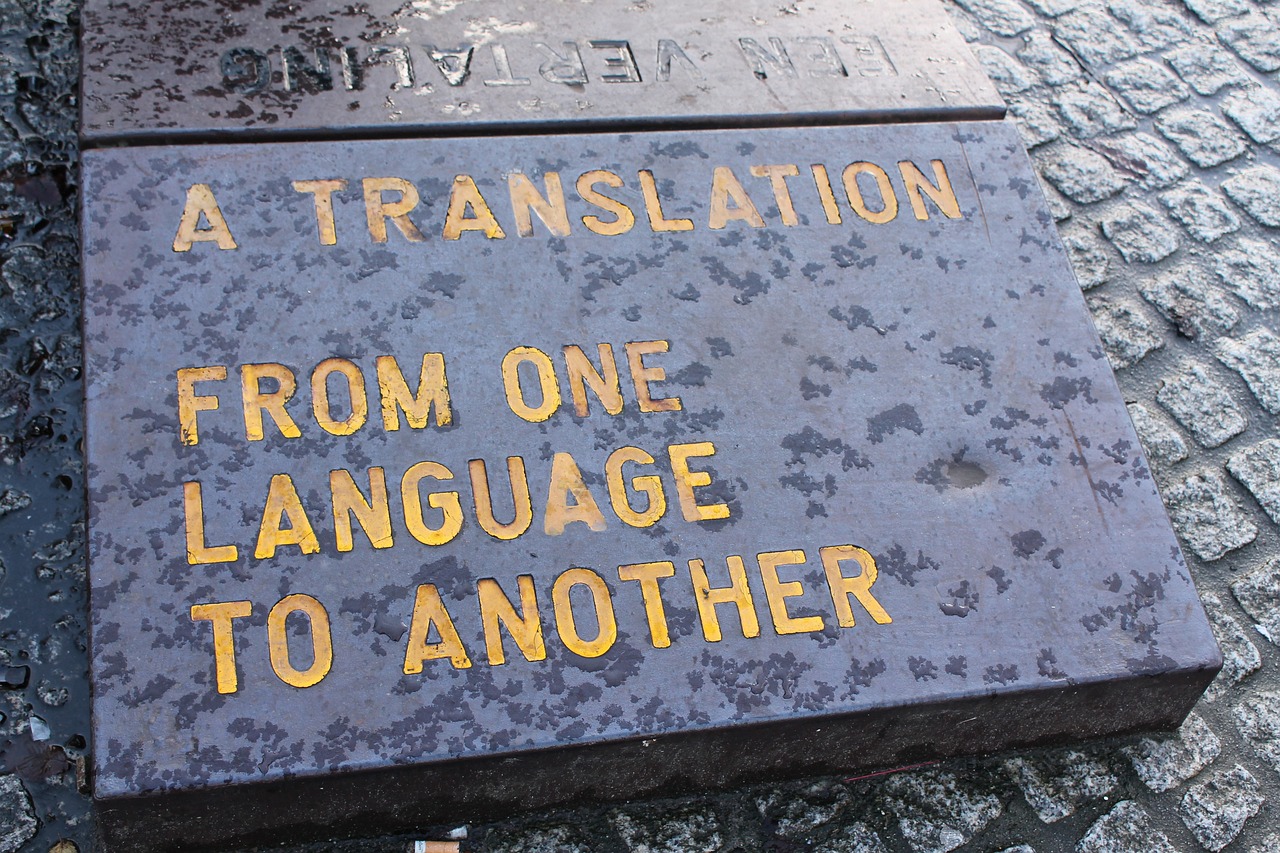Checking in from vacation with my family...
Our son had a friend with us for a few days. And amidst all of the typical summertime outdoor activities, they asked for (and received) permission for some daily screen time. The two boys are both avid fans of Minecraft, a digital world I know precious little about.
One evening during the visit, I was listening to them while they were playing, each on their own digital device, with a running commentary going on between them. I won’t do the conversation justice, but I did write down some of the words and phrases I heard. There was chatter about “the nether,” something called an “overworld,” as well as “Ender Dragons” and “Creepers.” I listened for a while, not really following the conversation at all. But enjoying listening to their enjoyment.
Afterwards, I asked the boys to explain to me what they were actually talking about, reminding them that I don’t “speak Minecraft” at all, and that they would have to translate for me. To their credit, they did a reasonably good job describing the world they were in, and were able to explain to me the various types of characters and bad guys they would encounter. I probably got 15-20% of what they were talking about, which was much better than the 0% I understood while listening to them play.
And of course, this episode got me thinking.
Our team at The Latimer Group spends a ton of time coaching and training technical experts in a wide variety of fields: aerospace and defense, banking, finance, private equity, insurance, telecommunications, mining, and many, many others. And each of these industries has their own technical language, not at all unlike the Minecraft language that my son and his friends speak so fluently.
And in so much of our work, we spend time with highly qualified and successful technical experts, teaching them how to translate their topic, issue or message for those who do not speak the technical language with the same facility.
The message here today is simple… having strong technical expertise is powerful and important. Being good at what you do is a requirement for success. But true power, influence and success comes when you can combine your technical expertise with the ability to translate what is important for others who are not fluent. If you can only communicate to others who share your technical expertise, your influence will be limited to those who also speak the language. But if you can translate for others, especially the leaders in your organization, then your influence is dramatically increased.
Have a great day!
Back to the “overworld” of my vacation.





Comments